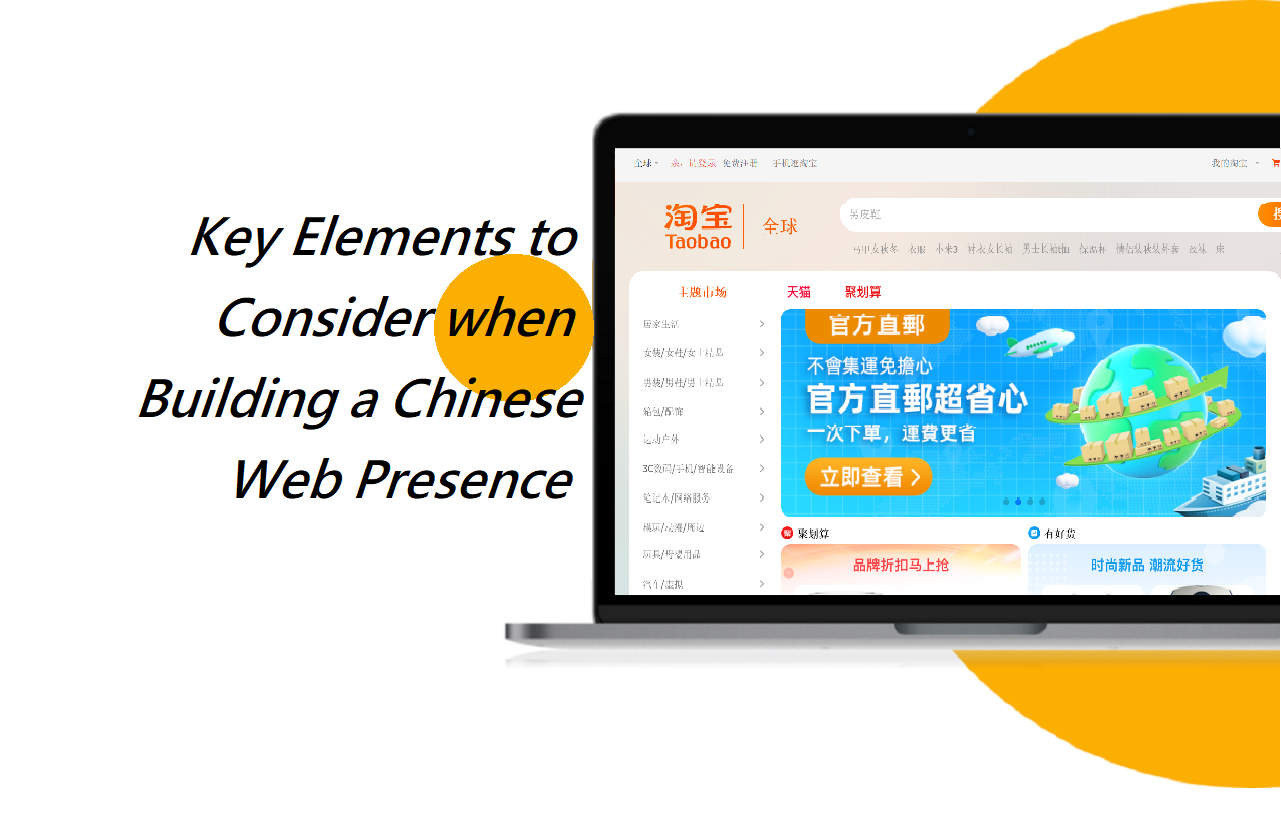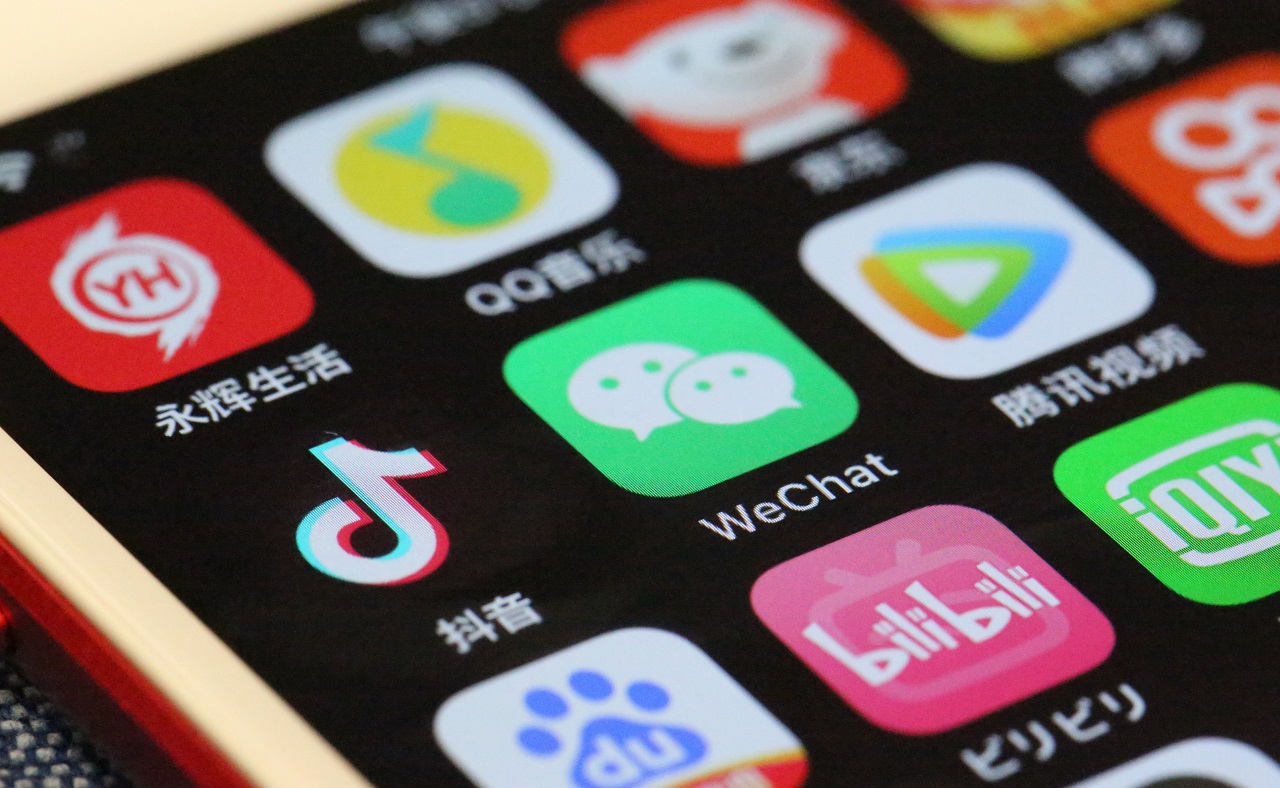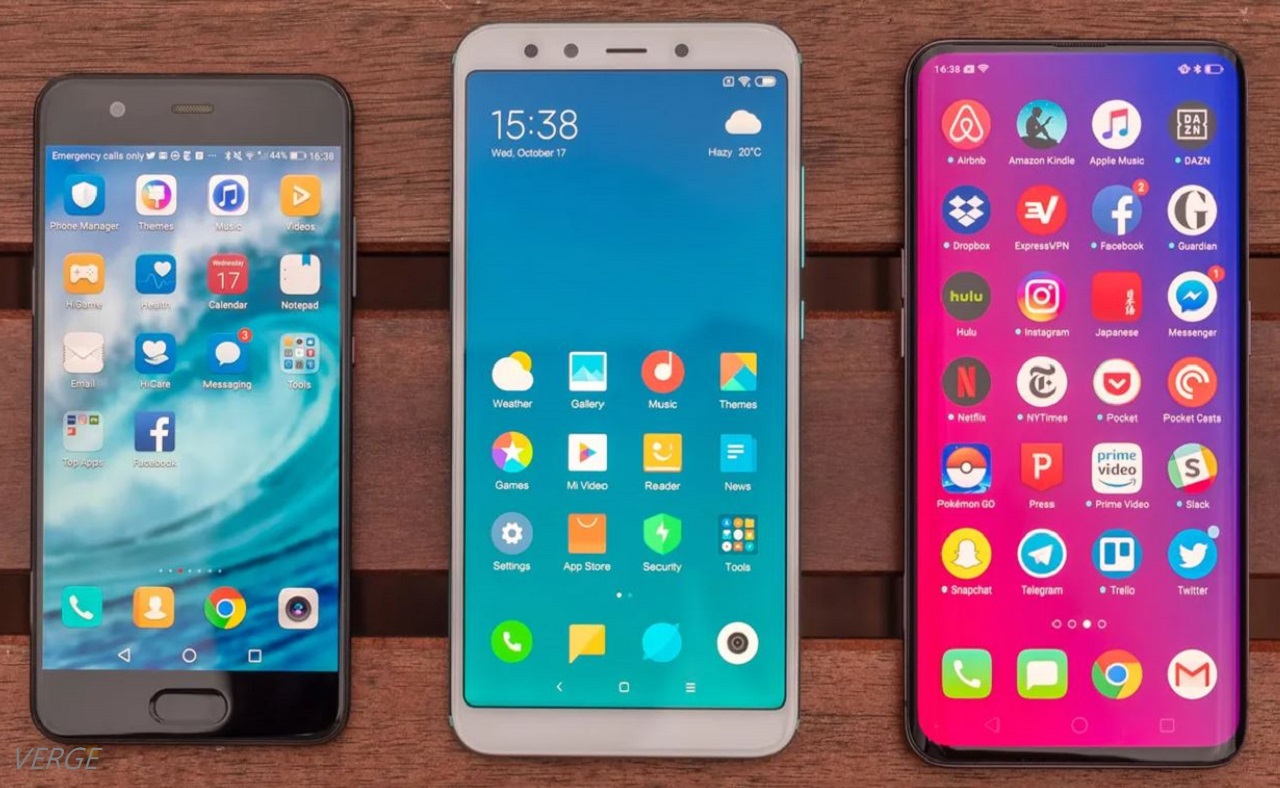China's controlled Internet policies encompass mobile device usage. Apps are heavily regulated with very specific policies, which therefore made Play Store unavailable while the App Store has limited availability for its apps within China. As such, the majority of Chinese app users don't rely on these stores for their app needs.
App developers who want to break into the Chinese market should look specifically into its app usage landscape. It is very different and a bit more complex both from a marketing and technological standpoint. Some certifications may also be required prior to publishing an app, which makes it strategic to partner with an agent who can help you navigate China's app publishing landscape. App stores operating in China need to secure a Chinese Software Copyright Certificate (SCC) so they can publish apps.
Here's another catch — if you're developing an app for China that used to be a Google Play Store or App Store app, you may find yourself going through a massive overhaul. This is the reason why foreign app developers typically create an app that's specific to China.
Or, again, having a local partner may be more strategic and time-saving because they can help take care of the following app publishing details for you.
Related article: A Breakdown of China's Android Market
Getting through the Great App Wall of China
Currently, these are the popular channels that can get you through China's app market:
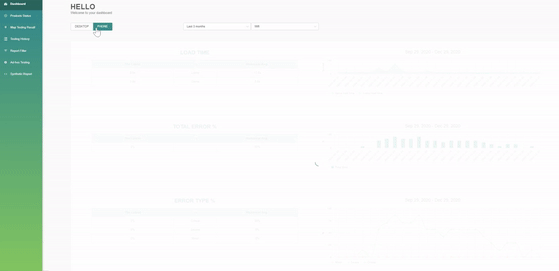
Third-party app stores
Mobile device manufacturers usually have their own China app store for their own apps. In addition to these, big Chinese companies such as Alibaba, Baidu, and Tencent also have their own app stores. It's really a matter of finding which app store reaches your target market, especially since online gaming seems to take up a massive pie of the China app market.
GDSA
GDSA or the Global Developer Service Alliance is a fairly new collective that aims to provide a unified platform for app developers to target app users in China. It provides some services similar to Google Play Store such as brand awareness, monetization strategies, and content management for the published apps.
Website downloads
If you already have a website, whether it's gaming, e-commerce in nature, or content-driven, you can set up a section that functions as your own app store. China's internet market is familiar with APK downloads so there's no need to worry about learning curves. This option also allows you to have full control over the marketing, monetizing, market research, and updates for your apps.
However, creating an APK might not be an option if you want to target iOS users. You will still have to go through the App Store for this or ask a local partner to help you set up your iOS app for download via your website.
Progressive web app
PWAs or a progressive web app is not exactly an app store, but it allows you to get through the Great Firewall too. It's what you call software or apps that are delivered via web browsers. In a nutshell, a PWA is considered to be an app that can work on a standards-compliant browser for both desktop and mobile devices. PWAs require a manifest and a service worker. It makes use of HTML, CSS, JavaScript, and JSON for the manifest.
Related article: How Gen Z is shaping China's digital landscape
Preparing an app for publishing in China
Aside from knowing where to publish your apps, it is also important to prepare an app specifically for the Chinese market. Here are some important requirements to fulfill to make sure it gets published.
App localization
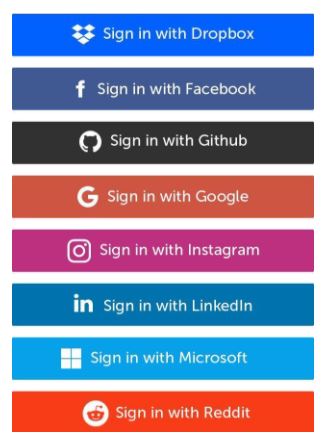
Generally speaking, you need to make sure your app descriptions and related content are in Simplified Chinese. If your app is originally in English, you will need to translate them locally and use app search optimization and copywriting techniques to prepare your app's textual content.
App search optimization utilizes keywords that are relevant to your app to help increase the chances of them being found inside the app store or wherever they are published. App search optimization has two types--organic and inorganic optimization.
Organic optimization involves the use of keywords to generate search hits from internet usage. This relies heavily on content creation. Meanwhile, inorganic optimization uses paid search such as creating online ads and engaging in pay-per-click campaigns to generate clicks and search hits for your content.
Chinese social media logins
Look into login compatibilities with Chinese social media sites such as WeChat, Weibo, and QQ. App logins can also be enabled via these social networking sites, just like Facebook and Google does. Speaking of Facebook and Google, you might need to change app permissions from these to Chinese social media sites instead if you're working on an app that was originally published outside China.

App performance monitoring
If you have a website, set up a process to monitor how users download your apps and how your website has performed since the inception of a dedicated APK download page. In this case, manual testing is a strategy you can deploy to gain insights across China regions and see some valuable demographic data from your app and website usage.
Partner with an expert to help initiate this entire manual testing process for you, so you can focus on app business development.
To learn more about succeeding in China, check out our other articles.
If you want to learn more about testing in China, check out our solutions.

